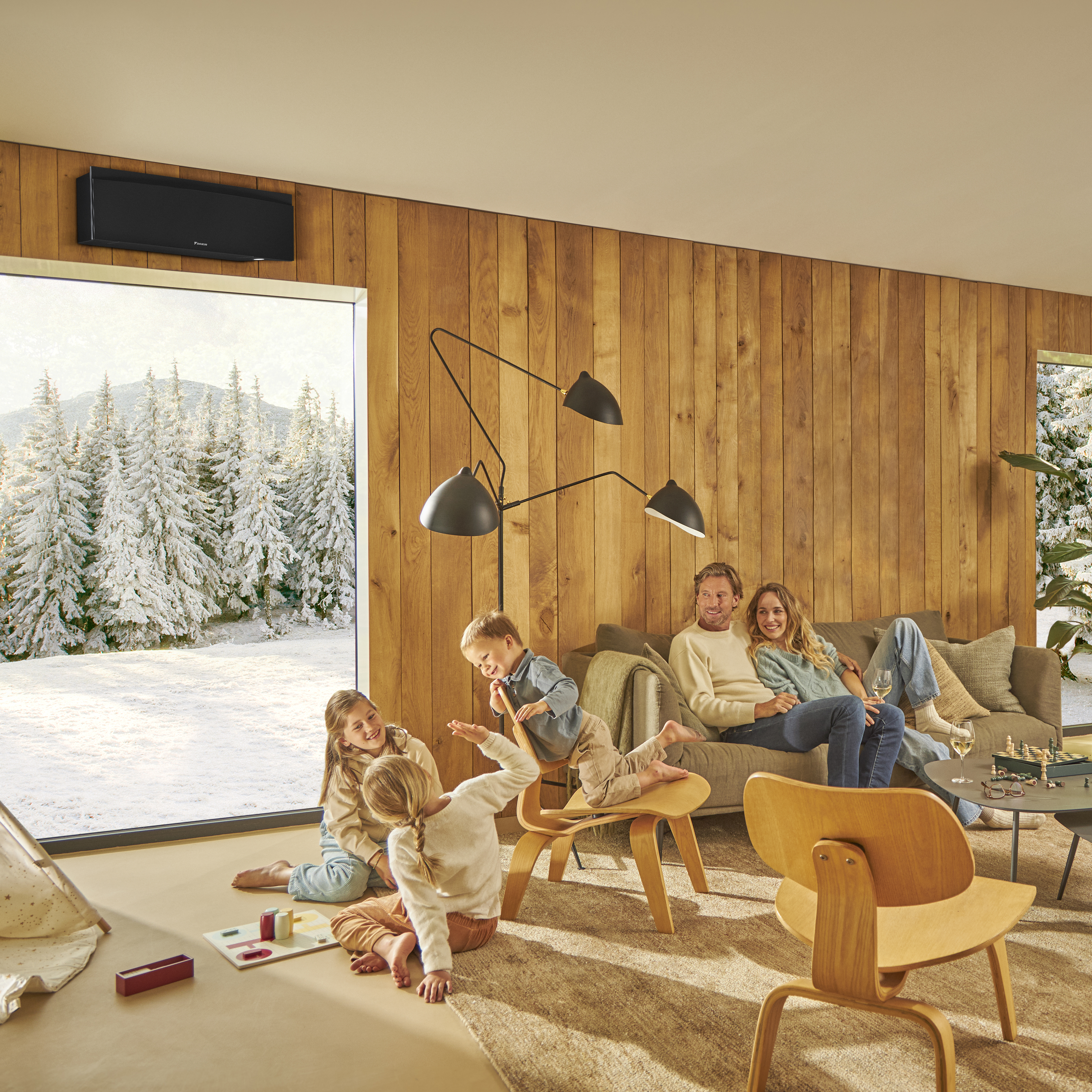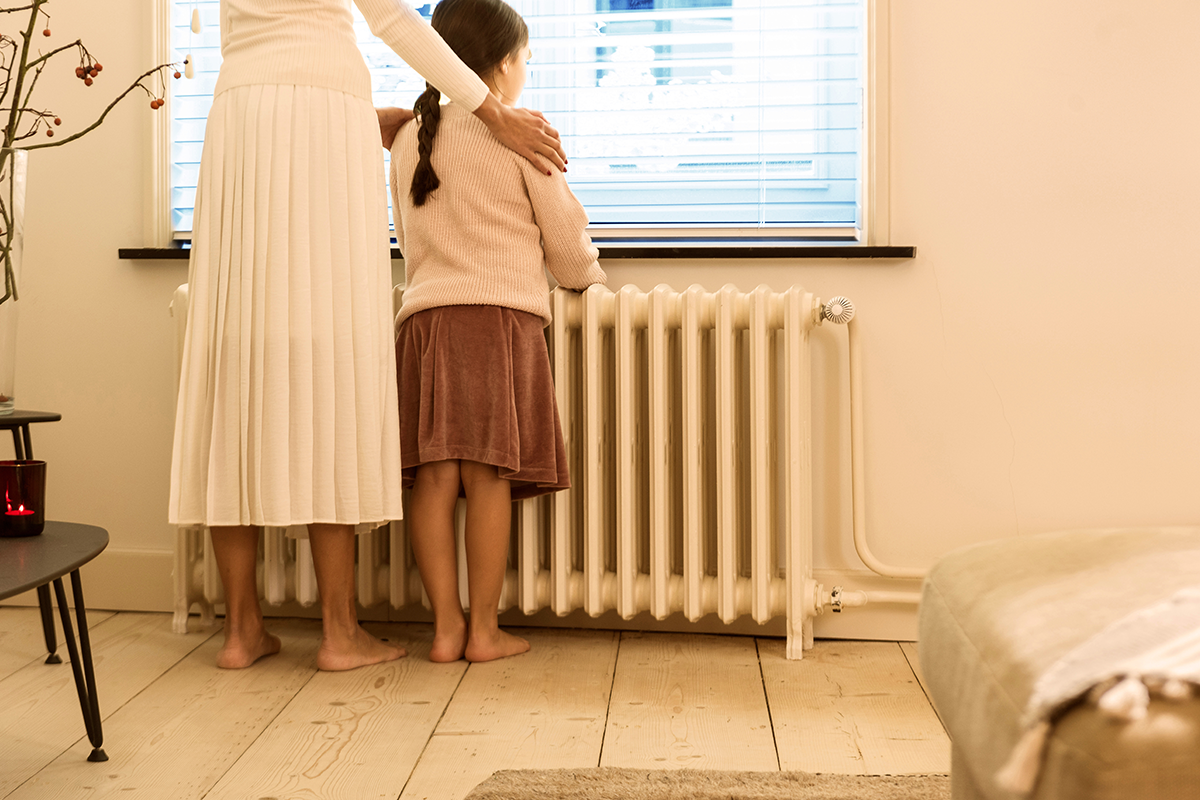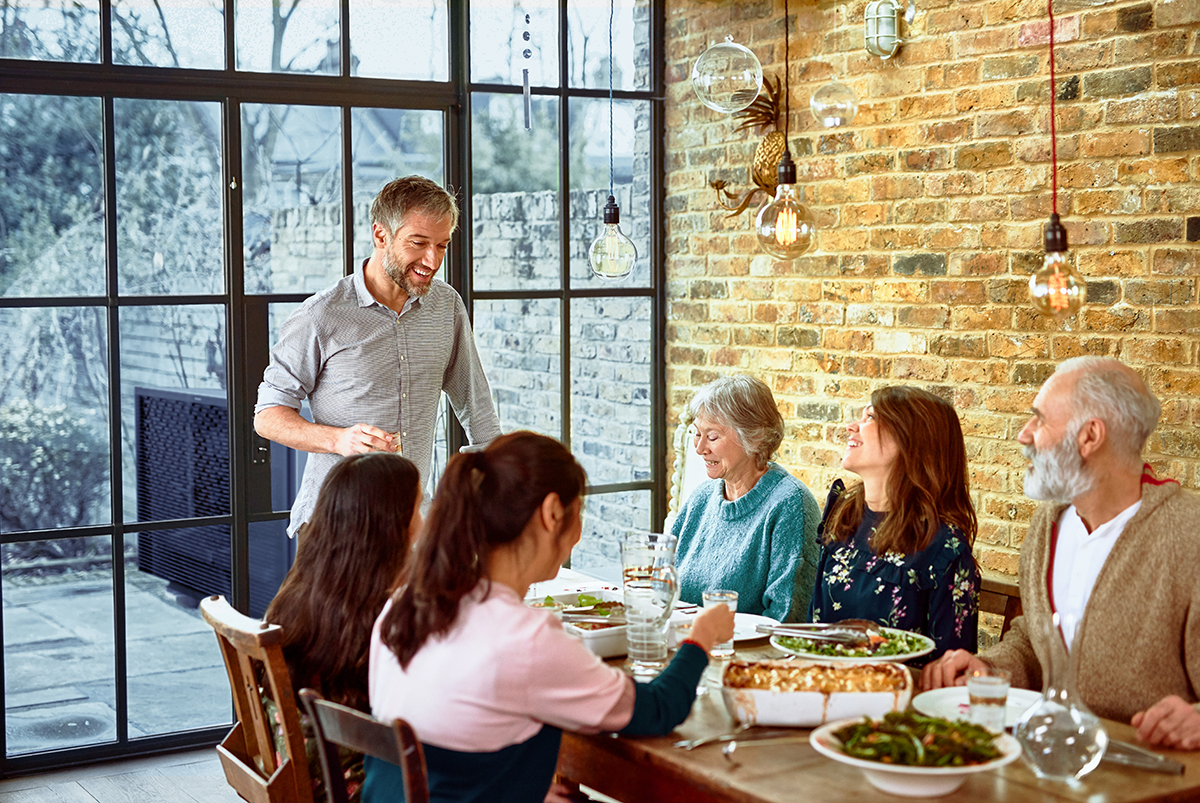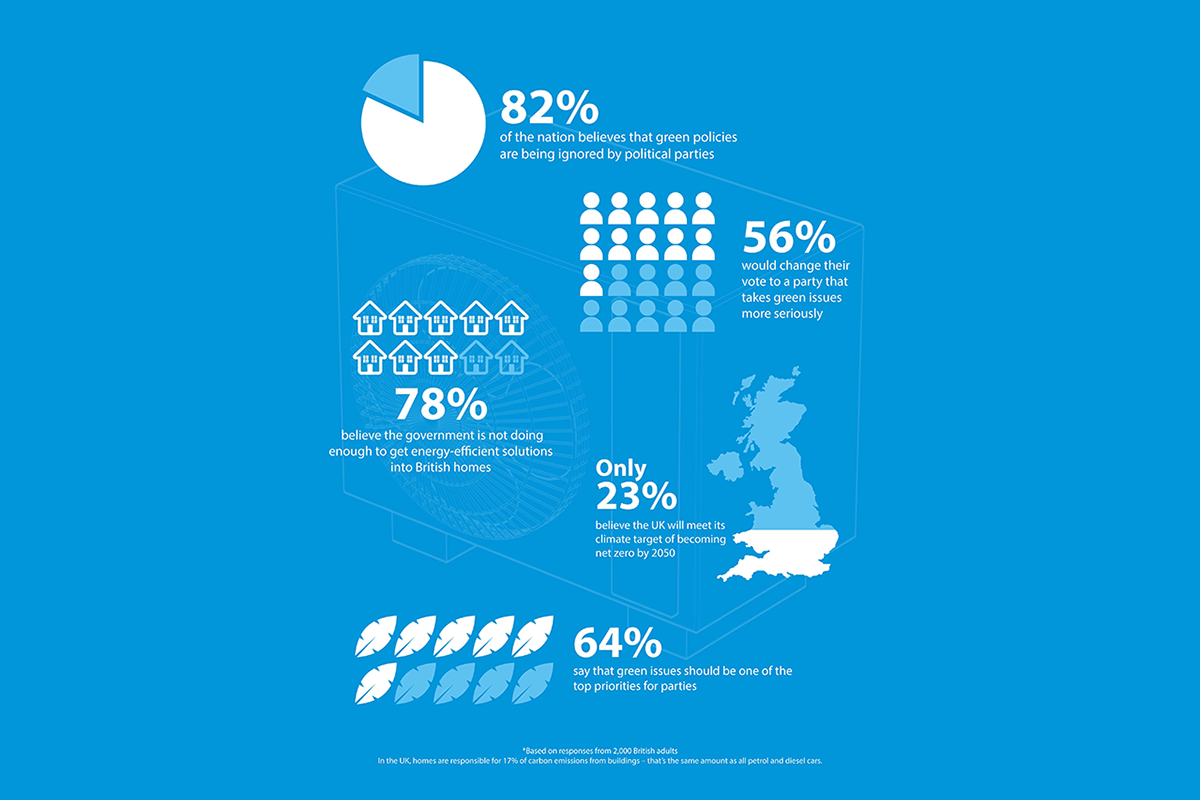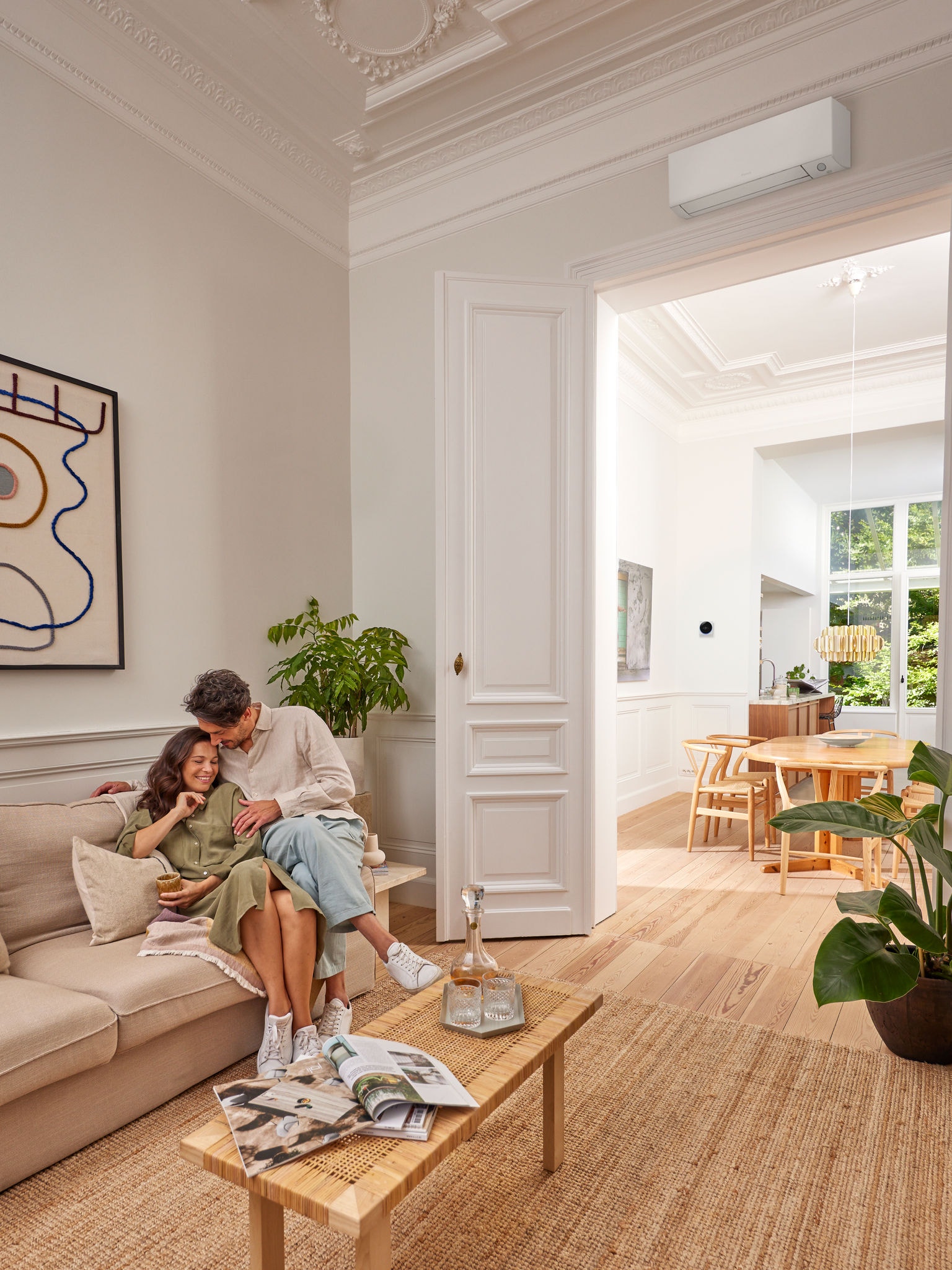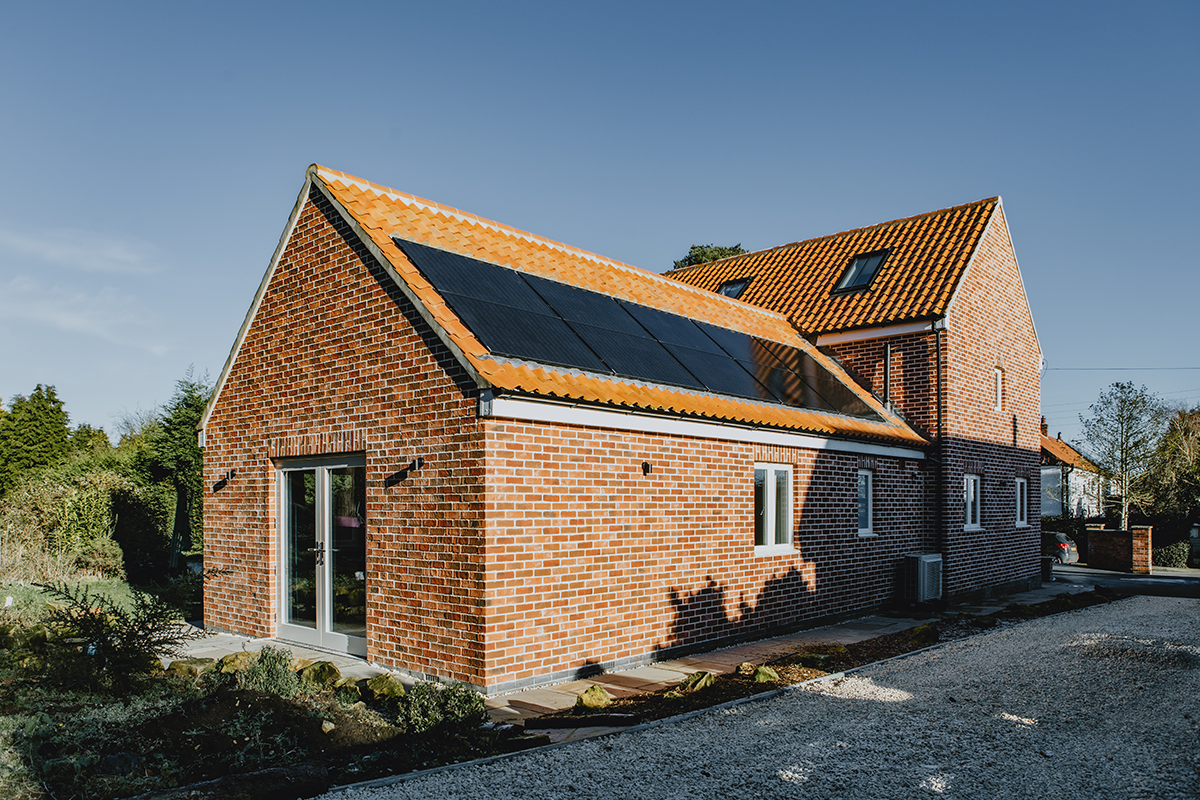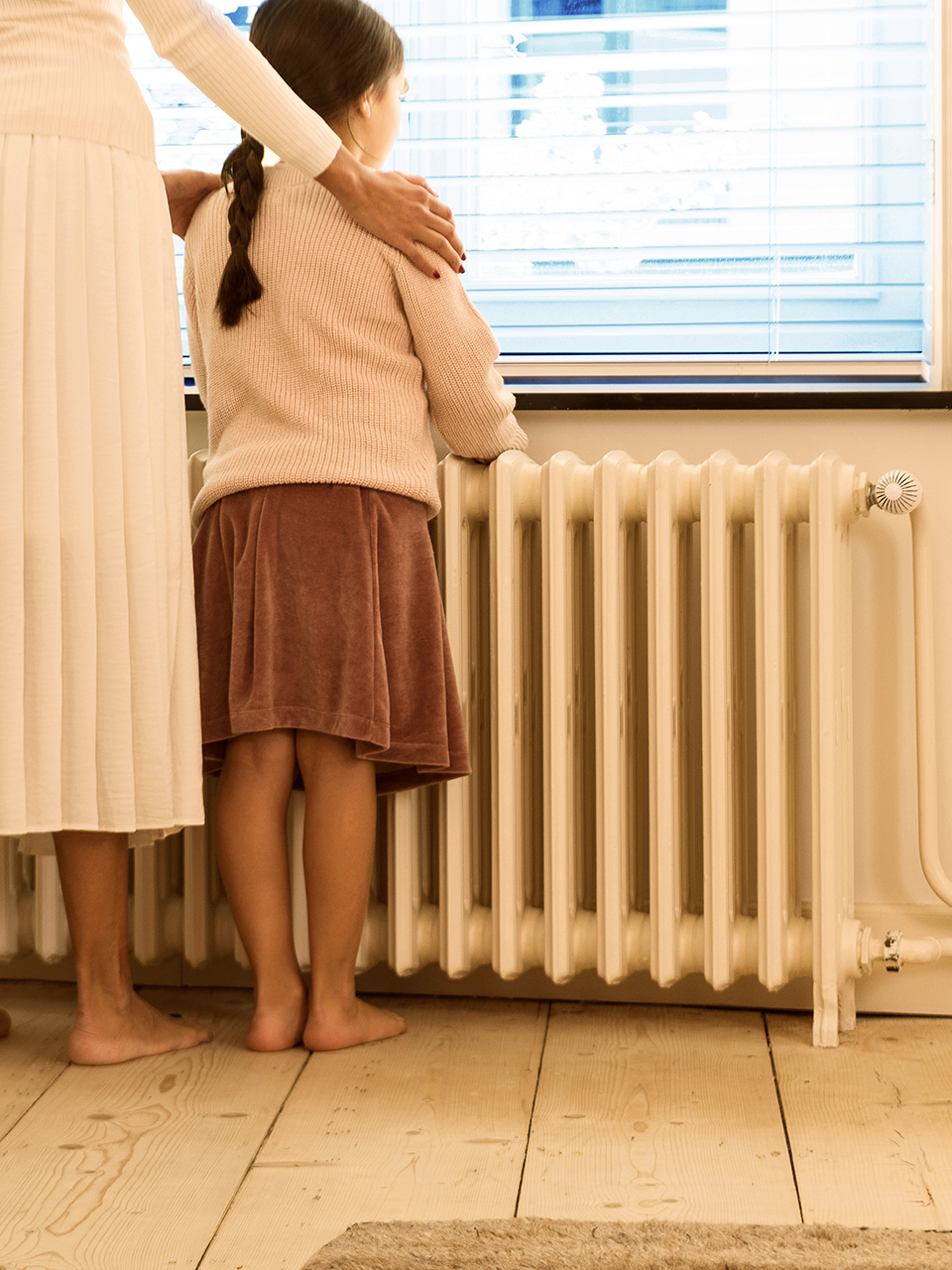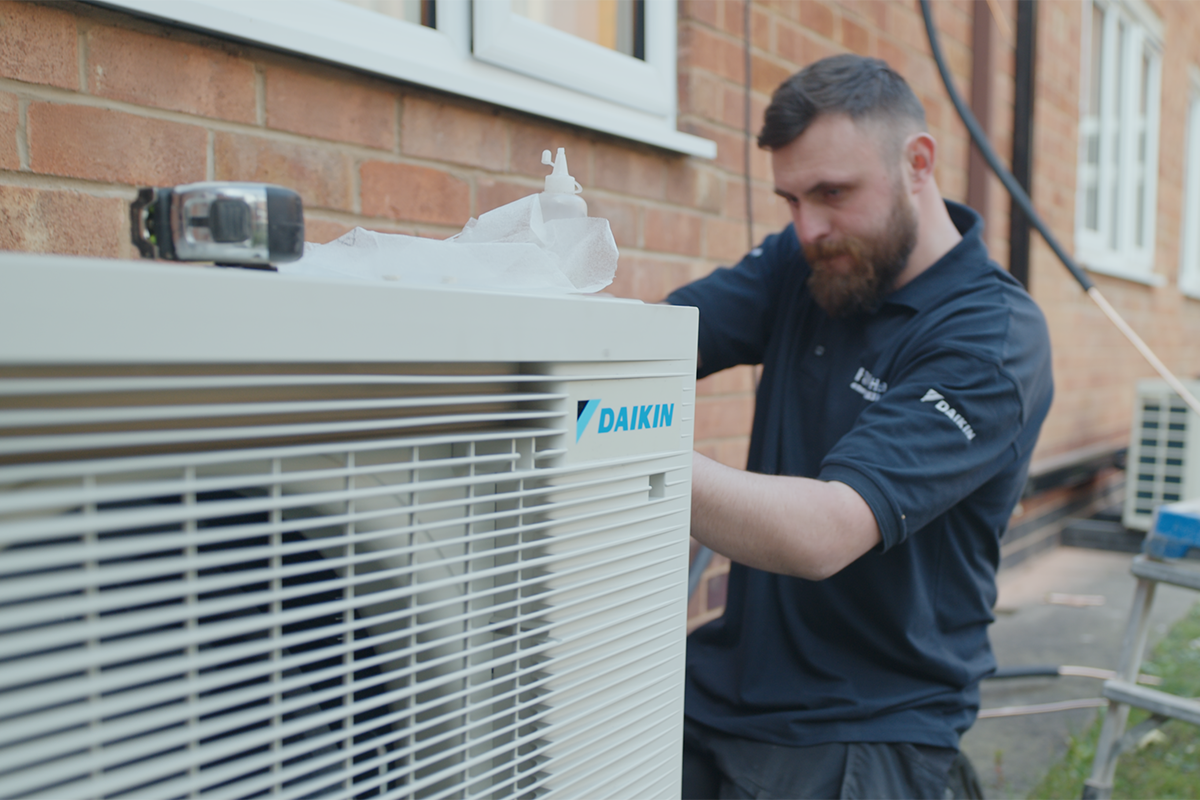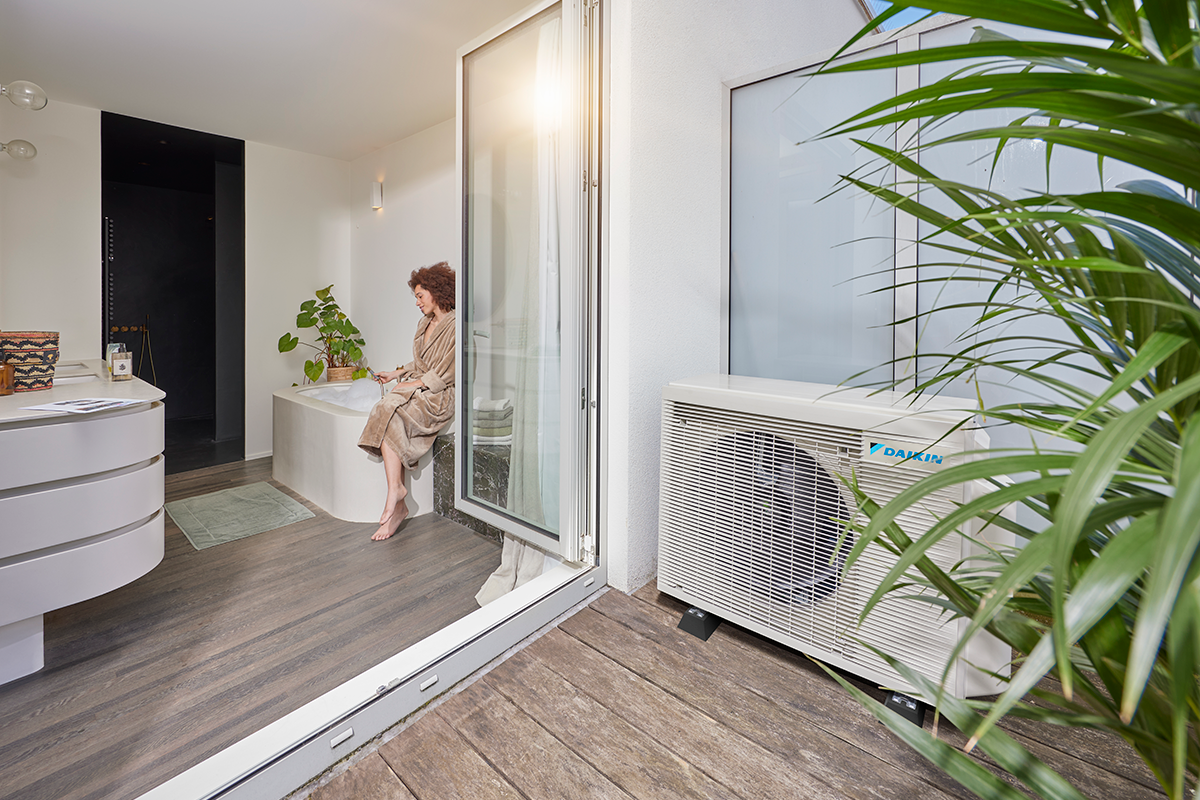6 reasons to choose a heat pump
- Property value
- Energy savings
- Government incentives
- Future regulations
- Environmental impact
- Smart energy use
A heat pump can boost your home's value
Buyers and renters are looking for energy-efficient homes and energy labels matter. A heat pump can improve your EPC rating, increase comfort, and raise your home’s sale or rental price.
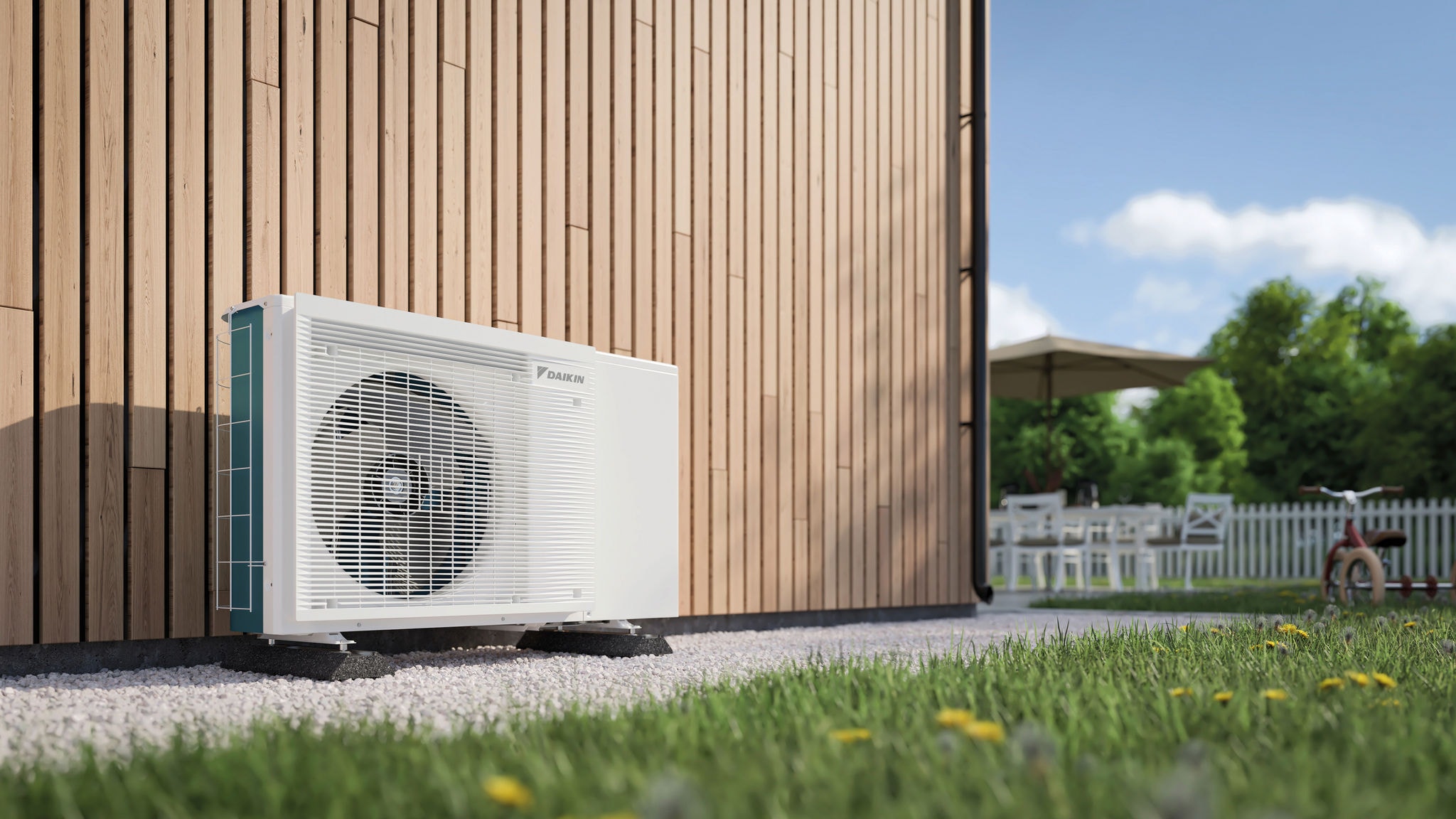
Save money on your energy bills
Heat pumps use energy more efficiently than traditional systems. Depending on your current setup and how you use heating and hot water, switching can lead to noticeable savings on your utility bill.

Get financial support to make the switch
Many European governments offer grants and subsidies to make heat pumps more affordable. These incentives lower the upfront investment, but they won’t last forever. Don’t miss your chance to save.

Fossil fuel heating is on its way out
Across Europe, governments are phasing out fossil fuel heating to meet climate goals. Heat pumps are a future-proof alternative that align with new regulations and help make homes zero-carbon ready.
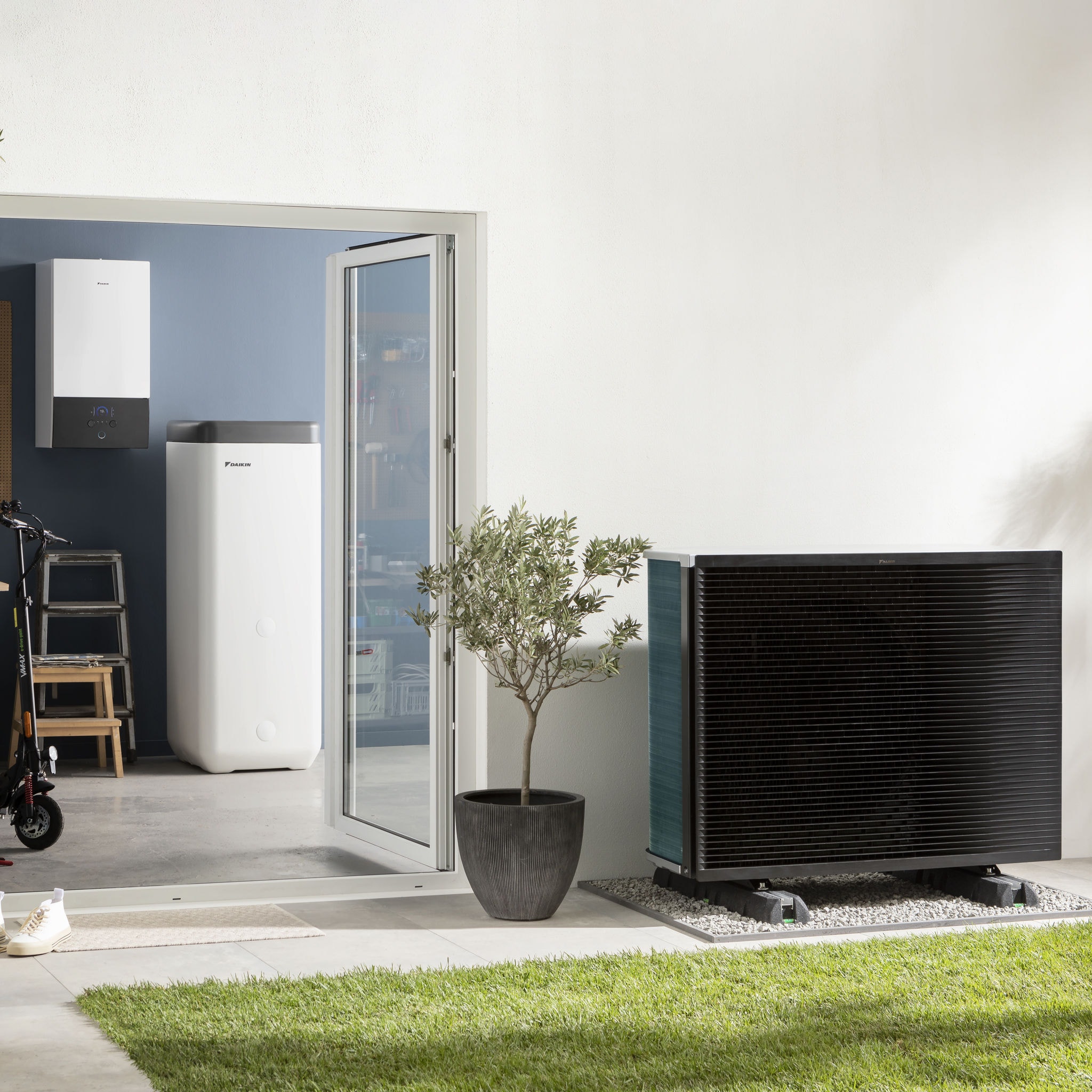
Heat pumps help cut your carbon footprint
Heating accounts for a large share of Europe’s residential emissions. Heat pumps offer a low-carbon alternative that’s 2–24 times less carbon intensive than gas boilers during use. With cleaner electricity grids, their impact will only decrease further in the future.
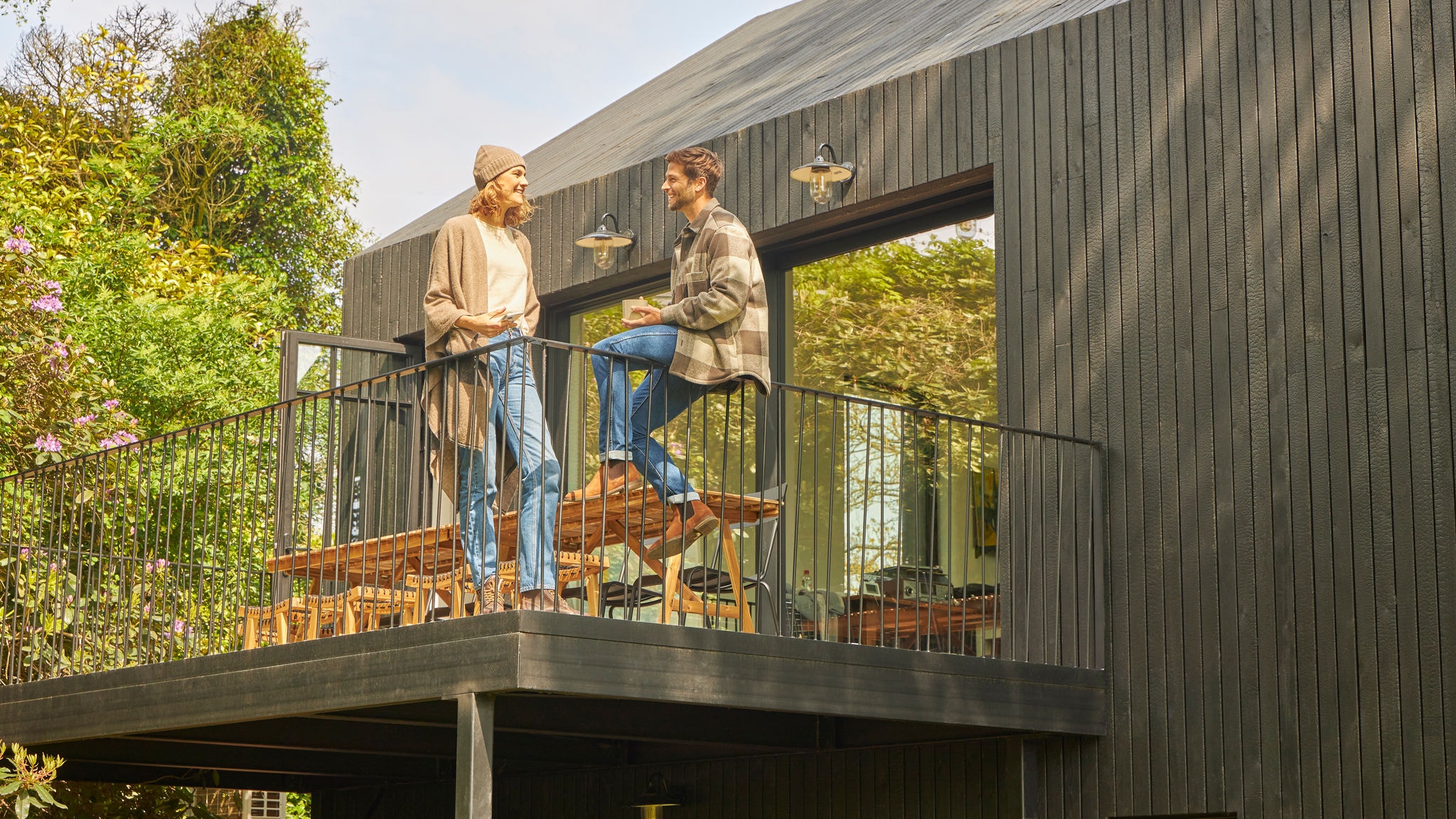
Use your energy more wisely
Heat pumps work great with solar panels, letting your home use more of its own clean energy. This helps lower gas dependence, reduce grid demand, and moves you closer to a more efficient, future-ready home.

Watch & learn
Settle back and enjoy learning all you need to know about our solutions with these stories, carefully selected for you
Learn more about our heat pumps and make an informed decision
- What is a heat pump?
- How does a heat pump work?
- What is the typical lifespan of a heat pump?
- Can heat pumps be used for cooling?
- Is a heat pump right for my home?
A heat pump is an efficient low-carbon technology and delivers more energy than it consumes. It uses renewable energy sources such as air, water and geothermal energy to provide heating, cooling and hot water for your home. Indoors, this energy is then released through emitters such as radiators, underfloor heating, heat pump convectors and your hot water system.

Heat pumps convert energy from the outside to the preferred temperature for your home. Initially, a refrigerant in the outdoor heat pump unit absorbs heat from the air, earth or water. The refrigerant enters a compressor, where it is pressurised. Because of the high pressure, the refrigerant becomes hot and, in turn, produces hot water. The hot water can be stored in a tank until it is needed or is circulated via emitters in the different rooms through underfloor heating, radiators or heat pump convectors. When combined with heat pump convectors or underfloor heating, heat pumps can act like air conditioners and also be used for cooling. The cycle is simply reversed, with the indoor units absorbing the heat and the outdoor unit releasing it.

A heat pump typically lasts between 15 and 20 years, although this is determined by a number of factors, for instance, maintenance. While heat pumps are a low-maintenance solution, their lifespan will be maximised with an annual check-up by your installer or service partner.

Yes, they can, but this depends on the type of emitters you have.
The ideal emitter for cooling is a heat pump convector (also known as a fan coil unit), which cleverly combines heating and cooling in one system.

A heat pump is ideal for homes of all shapes and sizes and installing a heat pump to warm and cool your home is a smart choice whether it's for a newly built home or a property renovation.

Advantages of a heat pump
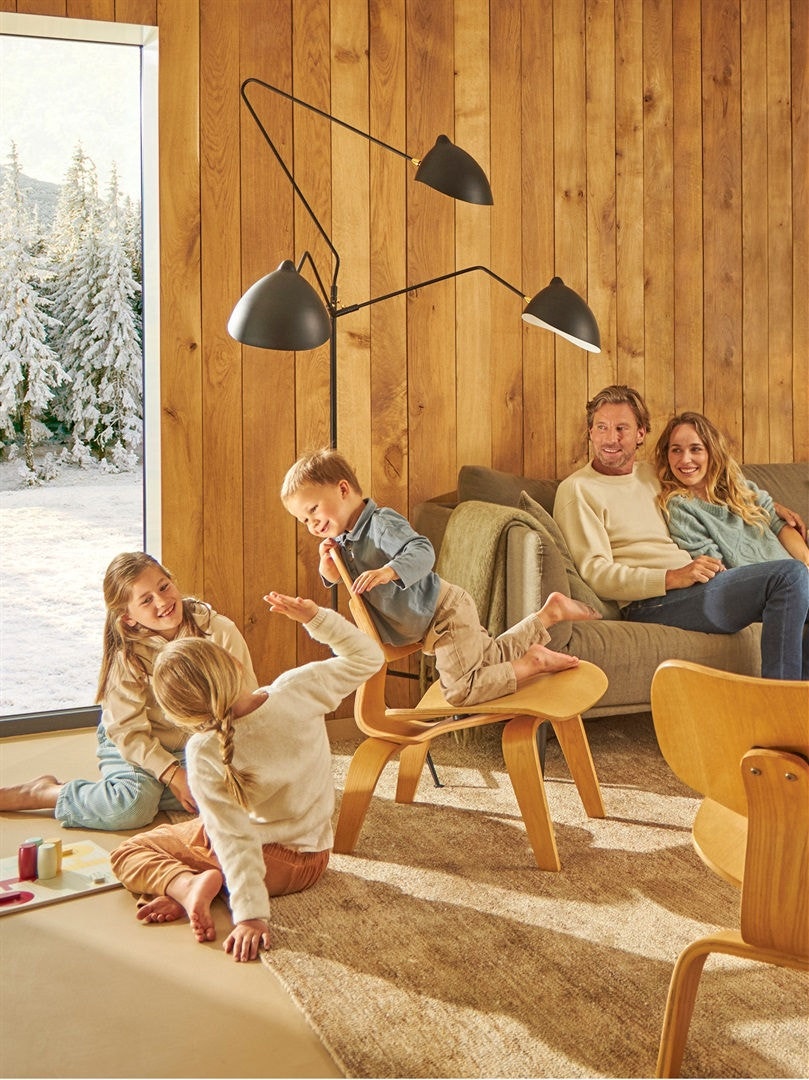
Why is investing in a heat pump a good idea?
Heat pumps are a cost-effective system, with a low environmental impact, for heating your home using renewable energy.
Heat pumps extract free energy from the air, water or earth. While they use electricity, as the amount of heat energy produced is markedly higher than the energy consumed, your energy bills will drop.
Heat pumps are also a much safer option than conventional heating systems. They can minimise the chance of accidents because they run on renewable energy and partly on electricity, so there is no fossil fuel involved and no risk of gas leaking or igniting accidentally.
Thanks to high-quality materials and sophisticated engineering, Daikin heat pumps have a long lifespan. If properly maintained, your heat pump will last up to 20 years.

Are heat pumps energy efficient?
The electricity consumption of a heat pump is based on what's called the seasonal coefficient of performance (CoP), which allows for variation in performance across a year. Usually, a pump has to work harder in the winter than in the summer.
The CoP is calculated by measuring the energy put in (electricity) and the energy (heat) put out. A heat pump typically produces 4 kWh of heat from 1 kWh of electrical energy, which can be cheaper than your gas bills over a year. Furthermore, there are ways you can boost efficiency further.
Insulation affects the efficiency of any heating system, so, by ensuring your walls, windows and loft cavities and windows are well insulated, you can lessen a heat pump's workload, and therefore its consumption.
To really maximise efficiency and significantly reduce electricity use, consider combining a heat pump with other systems such as underfloor heating and solar panels.
Our solutions for heating and cooling
- Air-to-water heat pumps
- Air-to-air heat pumps
All-in heating, cooling and hot water solutions
Air-to-water heat pumps are cost-efficient, renewable energy, all-round heating, cooling and domestic hot water systems. You can count on a versatile integration with existing and new heating emitters. Ideal for new homes, renovations and replacement of boilers.

Year-round comfort at home
Get year-round comfort at home during summer and winter with advanced, efficient heating and cooling technology. Adding a tank will give you domestic hot water too. Ideal for new homes, to accompany your boiler and to replace your old electric systems.

More information
You can get advice on which type of heat pump is best suited to your home from a Daikin installer, one of our Sustainable Home Centres or using our Heat Pump Calculator.
The typical lifespan of a heat pump is generally between 15 and 20 years, though this depends on a number of factors. For example, maintenance. Although heat pumps are a low-maintenance solution, an annual check-up by your installer or service partner will help maximise its lifespan.
Yes, heat pumps can connect to either old or new radiators.
If you already have radiators in your home, high-temperature heat pumps or hybrid heat pumps (if you’re replacing a gas boiler) can easily connect to them and use existing piping without the need to replace the radiators or carrying out additional works.
Yes, heat pumps can be used for cooling, but this depends on the type of emitters you have.
For example, the ideal emitter for cooling with low- or high-temperature heat pumps is a heat pump convector (also known as a fan coil unit). This works similarly to a traditional radiator with the added benefit that it can both heat and cool a room.
Some hybrid heat pumps can connect to air-to-air heat pump (also known as air conditioners), which are another popular heating and cooling solution.
A Daikin heat pump installer will manage everything related to ordering, delivery and installation of your heat pump. Find an installer here
The simplest answer is, it depends. Installing a heat pump is more than just the placement of an indoor and an outdoor unit, therefore there is no definite timeframe when it comes to the amount of time it will take to install a heat pump as it will depend on a number of different factors such as:
- Type of home: The first thing that will be taken into account is the type of home a heat pump will be installed in. Is it a new-build or an existing home? With new-build homes, the planning needs to be taken into account with all other building currently taking place. With existing homes, things such as whether existing emitters will be used or will be replaced with new ones will play a part in the time needed.
- Type of heat pump: Since there is a variety of different heat pumps, each one also has its own time requirement for the installation.
- Additional works: Whether you are installing a heat pump in an existing or new-build home, there may be additional works that need to take place in order to ensure that you’re getting the most out of your new system. This could include the installation or replacement of emitters (such as radiators), optimising your insulation etc.
The price of installing a heat pump varies depending on the type of heat pump you choose and the country you live in.
Other factors that can affect the price are renovation or additional building works (such as insulation) that need to carried out, plus your installer. Different installers will have different prices according to their expertise and experience.
We advice you to consult your chosen Daikin installer, or your government's website, for more information. Find out more about the different incentives on offer, and how to make your eco-friendly home even more affordable.
Most heat pumps usually come with an indoor and an outdoor unit. Each unit produces sound when in operation, this sound is generally measured in dBA and these levels range from a scale of 0 dBA to 140 dBA.
When looking at sound levels you will also see specifications given for sound power level and sound pressure level.
Sound power level is the sound level measured directly at the source.
Sound pressure level is the sound level measured at a specified distance (usually 1.5 - 2 metres) from the source.
The indoor units of Daikin heat pumps generally produce a sound pressure level of about 30dBA, which is comparable to the sound of a person whispering.
Outdoor units, since they come in a bigger variety of sizes, range in sound pressure levels between 40dBA and 62 dBA, which are comparable to the sounds of birds a chirping and people having a conversation respectively.
Heat pumps are not very demanding. We advise scheduling an annual maintenance appointment with your installer or service provider to make sure your pump keeps working as efficiently as possible. A typical service would include a number of standard checks, as well as a thorough cleaning of the unit and filters.
